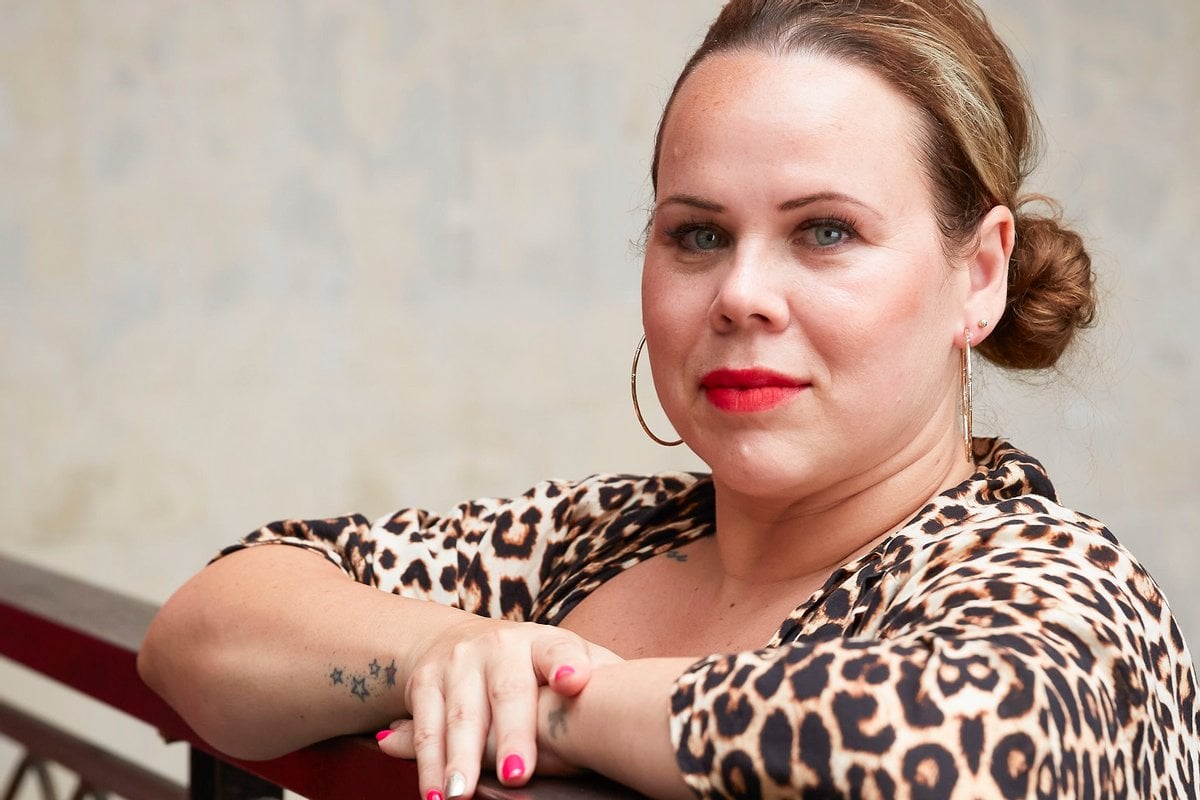
For many women, giving birth is an incredibly exciting time. A time filled with joy, surrounded by family and loved ones who are supporting you through this journey.
From conception, it is understood by many that women carrying children deserve the best care to ensure the health, safety and wellbeing of the mother and the baby. Pregnancy can also be highly stressful and anxious, however with the care of the health system and our networks of family and friends, we are often supported through this.
Unfortunately, this is not the case for women who are pregnant in custody. Unable to access social, medical and emotional support when required – the expectant mothers in jail are stripped of the supports we know help many women through the uncertain and important journey of pregnancy.
Adding to the already difficult circumstances these women are placed in, is knowing that for many women, their children will be taken from them almost immediately after giving birth. They will return to custody directly from hospital.
They will be unable to breastfeed or bond with their baby through ongoing skin to skin contact. They will be strip searched upon arrival, regardless of whether they have had stitches or a caesarean, then returned to their cell and required to return to work on prison grounds almost immediately.
Women are a small component of the total prison population, but there has been a disturbing increase in figures over the last decade in NSW, particularly for Aboriginal women. Aboriginal women in Australia are the fastest growing prison population in the world.
Watch: Indigenous Lives Matter. Post continues after video.





























































































